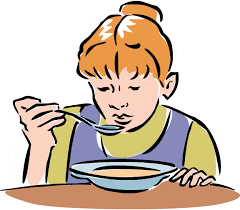You may need to adopt soft diet foods at some time in your life. But what exactly is a “soft diet”? A soft food diet, often known as a bland diet, consists of meals that are simple to digest. They are typically soft and lacking in fiber. The objective is to consume meals that are simple to swallow and are recommended for persons who are unable to stomach typically textured or strongly seasoned foods. Soft food diets are utilized in a variety of contexts, including hospitals, nursing homes, and the home. They are normally observed for brief durations of a few days to a few weeks, however certain conditions may need a longer amount of time.
Why Would We Follow A Soft Foods Diet?
There are several reasons why someone may need to adopt a soft diet. Eating solely soft meals can in beneficial in a variety of scenarios. If you have had any form of oral, tooth, head, neck, or stomach surgery, this diet is ideal. You may also need to follow this diet if you have a chronic condition that makes chewing and swallowing difficult. While recovering from some treatments, it is normal to follow a soft food diet. If you have had any kind of oral surgery, your dentist may prescribe a soft food diet (i.e. soft food to eat after wisdom teeth removal, soft foods for braces, soft foods after tooth extractions, etc.).That is a good decision because, first and foremost, you will experience pain and discomfort in your mouth after the treatment. Second, it permits the surgical areas to recover more quickly and effectively. Some persons with digestive issues benefit from a soft diet. Because the diet’s foods are easier to digest, your digestive system will not have to make as much effort to break them down. This diet plan also includes mild foods that are less likely to upset your stomach.
What Are Examples Of Soft Foods?
There are a few solid principles to follow when determining whether foods are labeled “soft.” The food should be quickly mashed and broken down with a fork without requiring much chewing. Avoid meals containing seeds and shells, as well as raw vegetables, fruits (unless extremely soft), nuts, and rough slices of meat.
What Appropriate Foods Are For A Soft Food Diet?
The following is a soft diet food list:
Scrambled Eggs
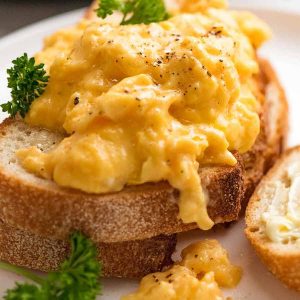
If we are going to limit ourselves to soft foods for the time being, eating meat is out of the question; thus, we will have to find some other way to acquire our protein. Eggs are a great source of protein for any meal and are simple to chew and swallow. In addition, after your chewing ability has returned, you may experiment with other recipes, such as hard-boiling or frying them. 13 vital elements are found in scrambled eggs. These nutrients help the body recover after sickness or surgery.
Soups
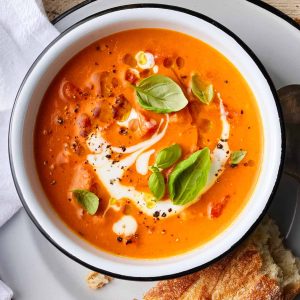
Broths and soups are creamy and soft. These meals are high in vitamins, minerals, and other nutrients, so they offer your body all of the resources it requires throughout the day. As a result of their high water content, they may also help you maintain your body’s normal fluid balance.
Broths
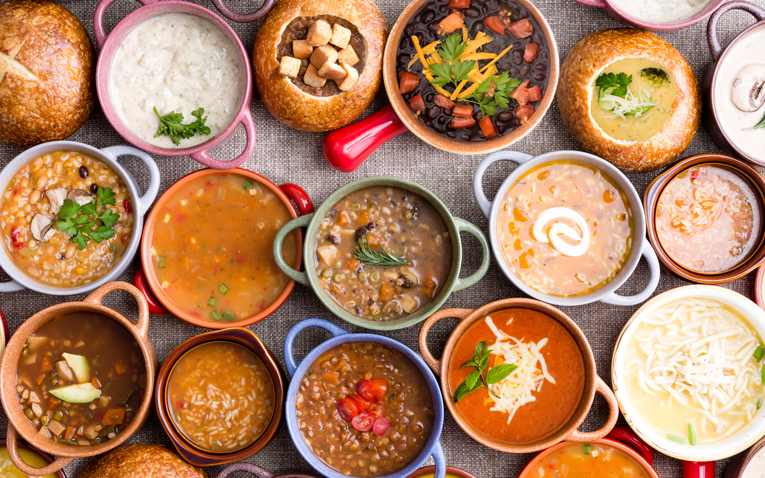
Broths, like soups, are a good source of nutrition following dental surgery. They are not only soft and tasty, but they are also high in vitamins and minerals. Furthermore, broths are an excellent method to remain hydrated if you don’t drink enough water.
Mashed Potatoes
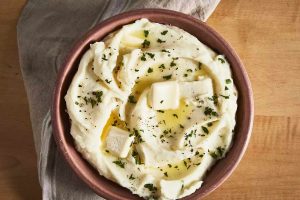
This starch and carbohydrate source is very soft and simple to swallow. It might make you feel more energized and ready to take on the day. This diet is ideal for consumption immediately after surgery.
Smoothies
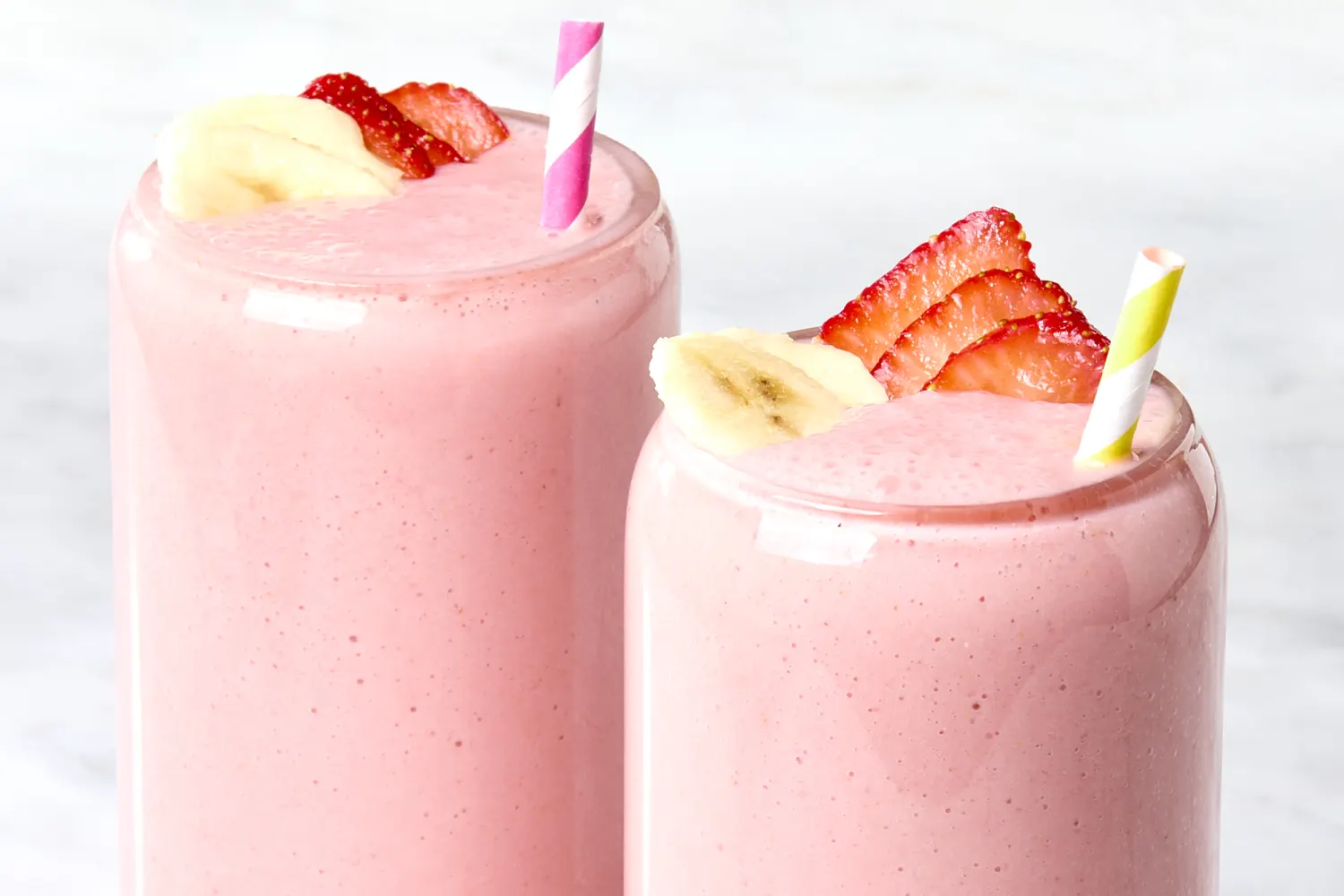
Smoothies are one of the greatest soft foods for braces since they are pleasant and provide plenty of nutrients without leaving your mouth painful.
Salmon

Eat some salmon, even if it’s in very little pieces if you’re experiencing a lot of swelling and inflammation. This meal is high in omega-3s and other beneficial fats, which promote healing and decrease inflammation.
Cheese

Cheese high in probiotics may aid in the healing process. However, before eating, cut it into tiny pieces.
Avocado
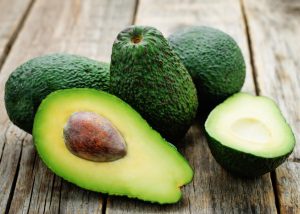
This superfood is loaded with vitamins, potassium, and heart-healthy lipids. If you don’t like the flavor, you may add it to smoothies or other dishes.
Mashed Bananas
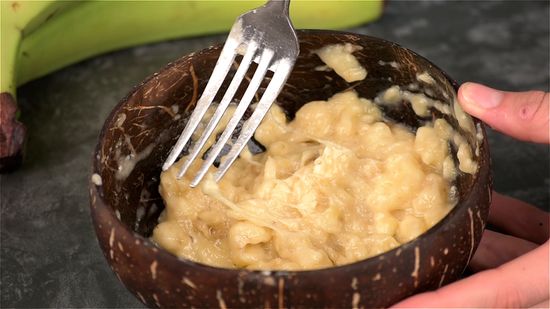
Bananas are one of the world’s most popular soft fruits. They are simpler to chew and swallow after dental surgery because of their soft texture. Bananas are also very healthy, including a broad range of vitamins and minerals such as potassium, vitamin B6, manganese, and folate.
Pudding

Pudding is delicious, especially for those who need sweets. If you don’t need to avoid dairy and can drink milk, it’s a nutritious choice high in calcium, vitamins A and D, and potassium.
Canned Fruit
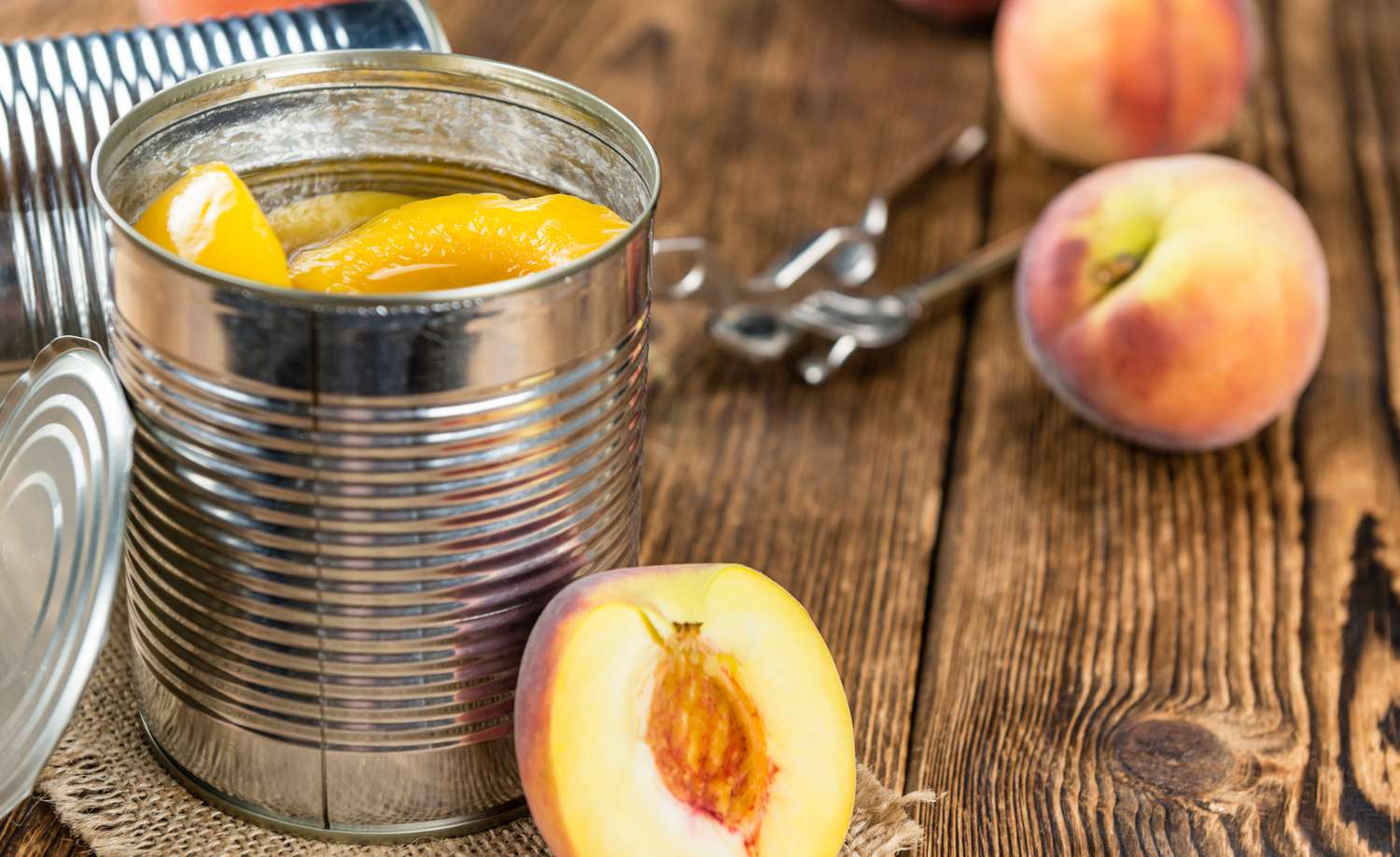
When compared to fresh fruit, canned fruit is soft and simple to eat. Canned foods are an easy and inexpensive method to include extra fruits and vegetables in your diet.
Steamed grains and lentils
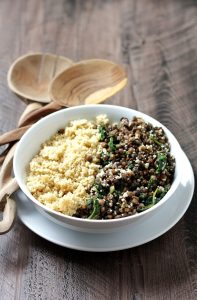
Grains and lentils may seem tough and difficult to chew, but when boiled or cooked thoroughly with sufficient water, they may be transformed into a bowl of protein-rich soupy-style grains that are simple to digest.
Flaky Fish
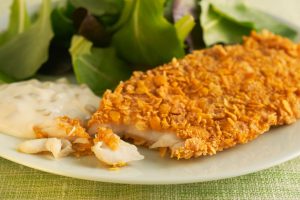
Flaky fish is simpler to chew than meatier fish. Eating fish at least once a week is an excellent method to receive omega-3 fatty acids and protein. Fish that has been baked or grilled is always healthier than fish that has been fried.
Yogurt
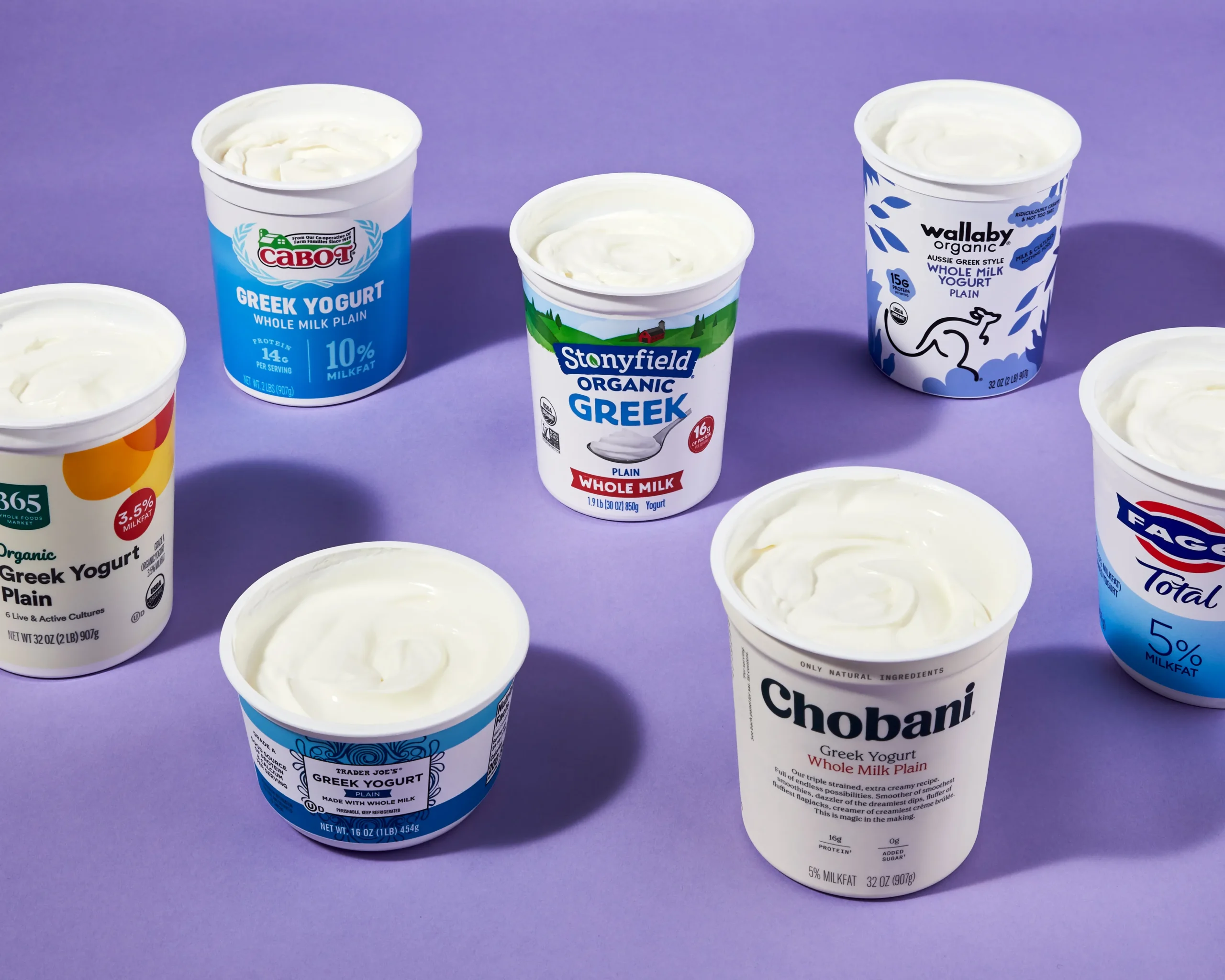
Yogurt is a good source of calcium and protein for elders who aren’t allergic to milk. In addition to this, it contains probiotics, which help maintain healthy gut flora. Choose whole-milk yogurt over fat-free, which is often high in sugar and other artificial additives.
Oatmeal
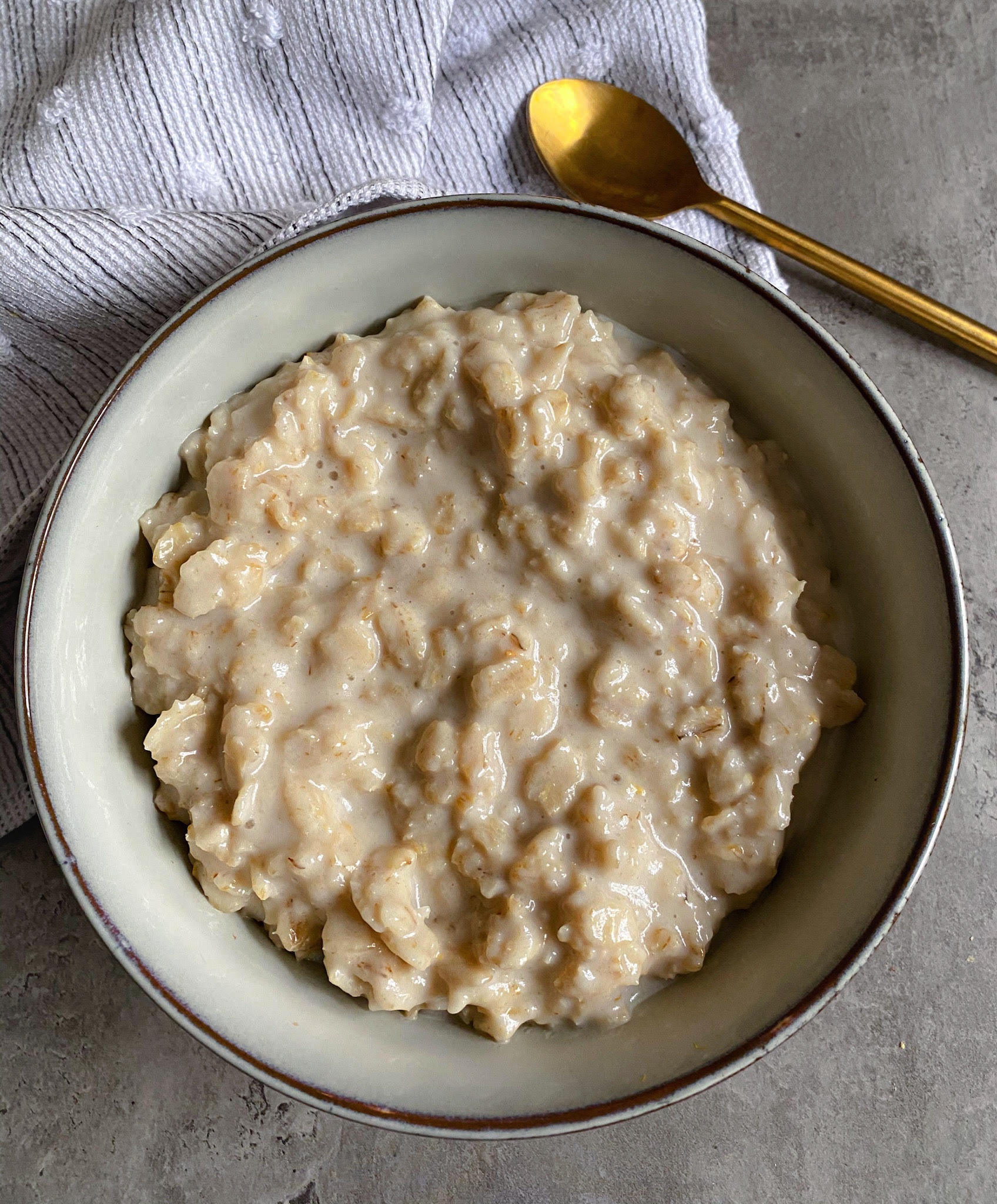
Beans
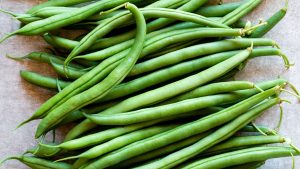
Beans are a good source of fiber and protein, and when cooked long enough, they soften entirely. There are several bean dishes available, including refried beans, black bean soup, and baked beans.
Ice Cream
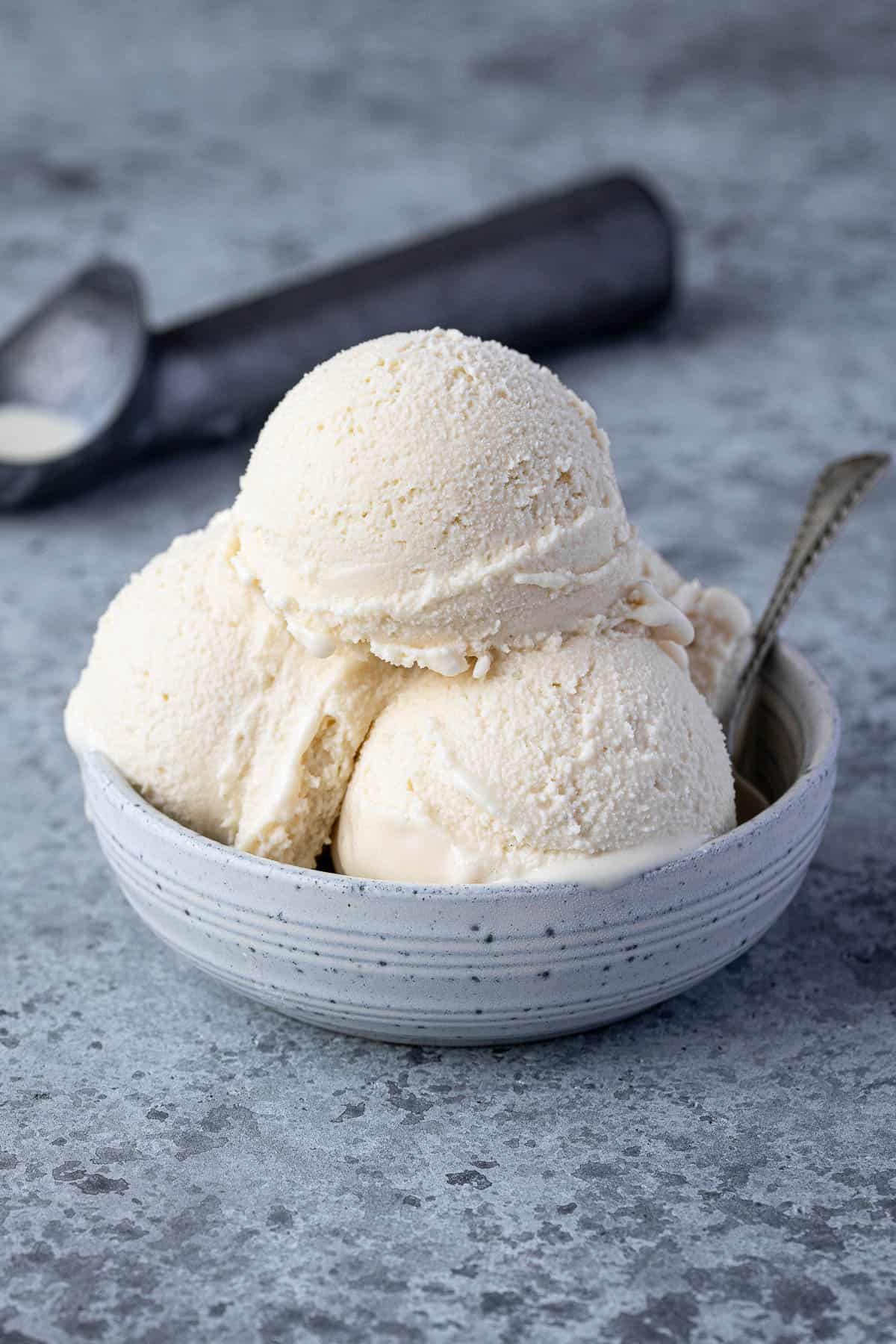
Ice cream is a soft, cold, sweetened food. It is mostly formed from milk, which is rich in vitamins and minerals. It contains vitamin A, vitamin D, calcium, protein, and other nutrients. A scoop of ice cream can nearly melt away a throat infection. To avoid chewing, choose smooth tastes like vanilla, chocolate, or Neapolitan over chunky ones like butter pecan, cookies and cream, or cookie dough.
Pancakes
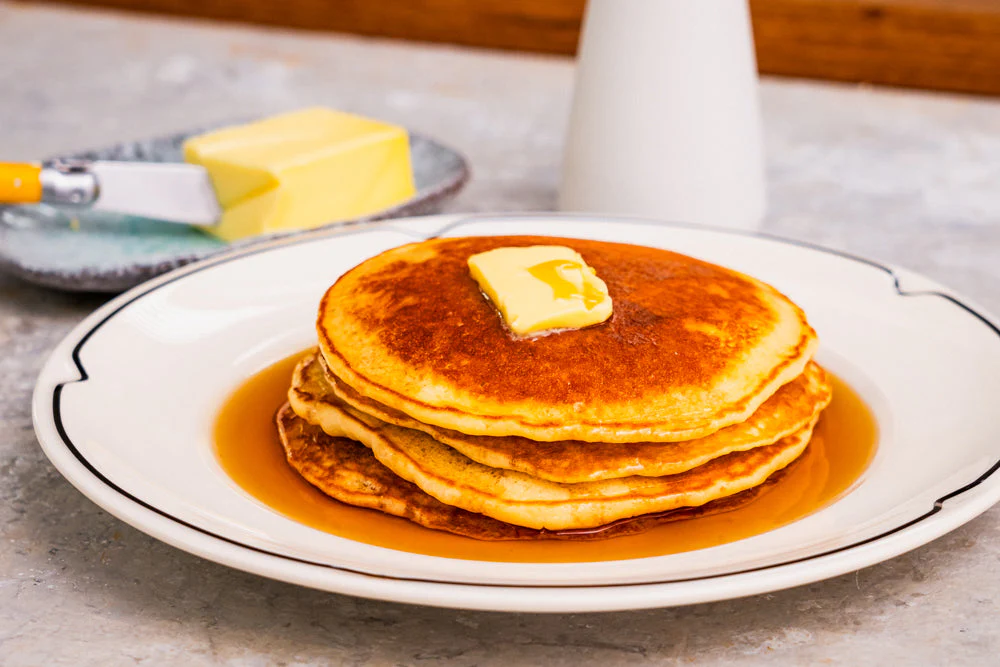
Soft food for breakfast
When you require soft foods for breakfast, cereal, granola, and bagels might be too rough. Fortunately, several breakfast items meet the criteria.
- Eggs
- Pancakes
- Biscuits
- Oatmeal
Soft food for lunch
Lunch may be the most important meal of the day for certain people. Choose many selections from the list below to make it a healthy lunch.
- Broth
- Cheese
- Soup
- Beans
- Pasta salad
- Potato salad
Soft food for dinner
You can do better than eating applesauce and yogurt for supper. All of these soft meals are perfect for a family supper since they are easy to prepare and everyone will enjoy them.
- Salmon
- Canned vegetables
- Mashed potatoes
- Spaghetti
- Fried rice
What Are Some Soft Foods To Eat After Oral Surgery?
The following are some great standbys that may genuinely meet your needs:
- Smoothies
- Yogurt
- Pudding
- Ice cream
- Avocado
- Soups
- Mashed potatoes
- Applesauce
- Bananas
- Oatmeal
Helpful Tips For People On Soft Diets
It might be challenging to stick to a diet of solely soft foods, but the following tips may help:
Choose healthy options. While soft, sugar-laden meals like cakes and pastries may seem delicious, it is ideal for your health to consume nutritious foods like vegetables, fruits, and proteins. Select a range of nutrient-dense foods.
Season your food. Herbs and other mild flavors may assist to make meals more appealing.
Focus on protein. Protein needs to be included in each meal and snack, but it is especially important for people who are recovering from surgery or who are underweight to consume protein.
Eat small, consistent meals. When following a soft diet, it is advisable to have numerous little meals throughout the day rather than huge meals.
Eat slowly and chew thoroughly. Many persons on soft diets, particularly those recuperating from stomach surgery and those with neurological disorders, benefit from taking their time when eating and digesting their food completely. Take modest sips of drink between meals while sitting upright.
Plan meals ahead of time. It might be challenging to find meals that work with a mechanical soft diet. Meal planning ahead of time may help minimize stress and make meals more enjoyable.
Keep appliances handy. Oft-diet-approved meals may be made using blenders, strainers, and food processors.
Conclusion
Following a soft diet after surgery or with a medical condition may seem daunting, but it is quite realistic and can also be tasty with a little ingenuity and forethought. You can include all of the major food categories and pack enough protein for appropriate healing.
